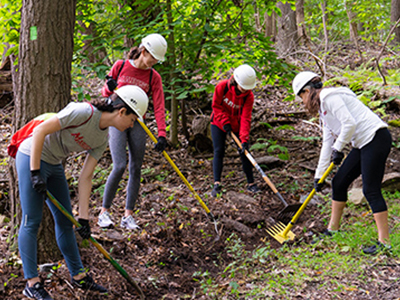-
About
Admitted Student Days
• Saturday, March 28
• Sunday, March 29
• Saturday, April 11Accepted Students: Be sure to register for one of our Admitted Student Days and explore all that Marist has to offer.
About
-
Academics
Admitted Student Days
• Saturday, March 28
• Sunday, March 29
• Saturday, April 11Accepted Students: Be sure to register for one of our Admitted Student Days and explore all that Marist has to offer.
Academics
-
Admission & Financial Aid
Admitted Student Days
• Saturday, March 28
• Sunday, March 29
• Saturday, April 11Accepted Students: Be sure to register for one of our Admitted Student Days and explore all that Marist has to offer.
Admission & Financial Aid
-
Student Life
Admitted Student Days
• Saturday, March 28
• Sunday, March 29
• Saturday, April 11Accepted Students: Be sure to register for one of our Admitted Student Days and explore all that Marist has to offer.
Student Life
- Athletics
Image of Marist students from the School of Social and Behavioral Sciences working with children in the Teaching Lab.
School of Social and Behavioral Sciences
Educational Experience
The School of Social and Behavioral Sciences provides programs that stimulate academic engagement and inform personal and professional values in a spirit that embraces human dignity, social justice and inspires service to the community. Programs foster respect for all as we engage our students in helping people improve their lives through varied and substantial experiential learning. We instruct students in the use of research and intervention methods that are contemporary, rigorous, and evidence-based. We strive to develop life-long learners who are critical thinkers, innovators and collaborators.
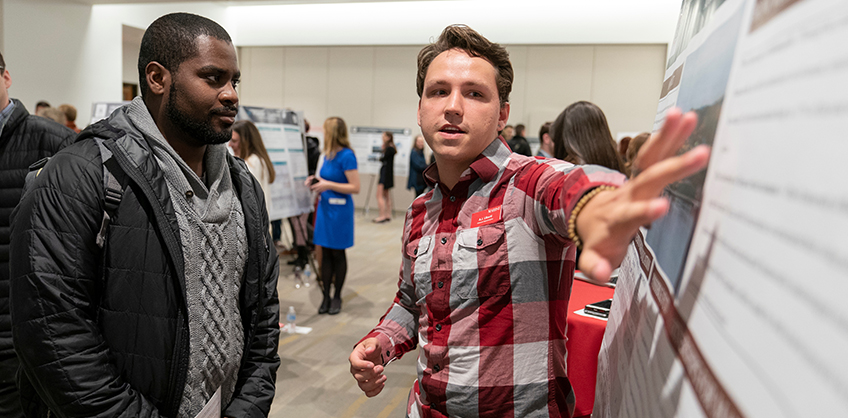
Student Research
For students who are interested in careers that focus on research, or who aim to further their education in master’s level and doctoral programs, we understand that they need to be engaged in research projects. Sometimes students will assist faculty with their ongoing scholarship, and sometimes they propose their own projects for development. Students have the opportunity to have 1:1 mentorship with faculty as they engage in independent research. Learn more >>
Experiential Learning
Marist Social and Behavioral Science students get the practical experience they need to succeed in careers in human service through the undergraduate study of psychology, education, crime and justice studies, and social work/sociology; these areas are further developed at the graduate level to include, counseling, education and school psychology. Our network of alumni at schools, community service agencies, government, and non-profits offers students learning and mentoring experiences that complement those presented in the classroom. Learn more about experiential learning >>
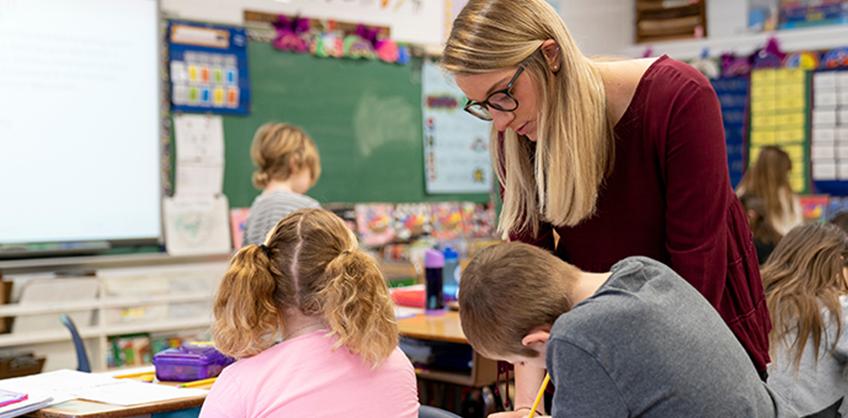
Internships
At Marist, we provide students with the resources to find internship opportunities that exhilarate their interests and inspire them to move forward and upward in their chosen field. Internships enable students to take the fundamentals they have obtained during their coursework with the School of Social and Behavioral Sciences and learn to apply them in a professional setting. Learn about internships for each of our programs:
Student Clubs
Outside of class, students have the opportunity to become involved in a variety of clubs.
Criminal Justice
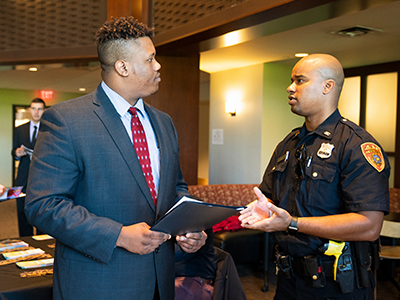
- Alpha Phi Sigma: Alpha Phi Sigma is the Criminal Justice National Honor Society, the goals of which are to honor and promote academic excellence, community service, educational leadership, and unity.
Education
- Teachers of Tomorrow: Teachers of Tomorrow promotes aspiring educators in their efforts to better prepare themselves for an ever-changing profession. Through hands-on events, lectures, community service efforts, and interactions with children and administration at local school districts, the members are able to achieve a greater understanding of the education world.
- Kappa Delta Pi: Kappa Delta Pi (KDP), the International Honor Society in Education, fosters excellence in education and promote fellowship among those dedicated to teaching.
- Best Buddies: Best Buddies is the world’s largest organization that is dedicated to ending the social, physical, and economic isolation of people with both intellectual and developmental disabilities.
Psychology
- Psychology Club: The Psychology Club is for students interested in establishing relationships with faculty and learning more about psychology outside of the classroom. We organize a number of events including psychology student/faculty socials, guest speakers, and a disability awareness workshop for middle school students. These events provide our community with knowledge about and experience in the different areas of psychology. All are encouraged to join!
- Psi Chi: Psi Chi is the International Honor Society in Psychology and was founded in 1929 for the purposes of encouraging, stimulating, and maintaining excellence in scholarship, and advancing the science of psychology. Currently there are over 1000 Psi Chi Chapters located at colleges and universities across the United States and Canada. The Marist Chapter of Psi Chi was chartered in 1979. Our chapter provides students with the opportunity to join Psi Chi if they meet certain standards required by Psi Chi and the Association of College Honor Societies (a governing body for college honor societies).
Social Work
- Social Work Association: The Social Work Association works
- to promote the core values, knowledge, and skills of the social work profession, which entails a commitment to promoting self-awareness, social justice, and community engagement to better ourselves as well as society.
Faculty
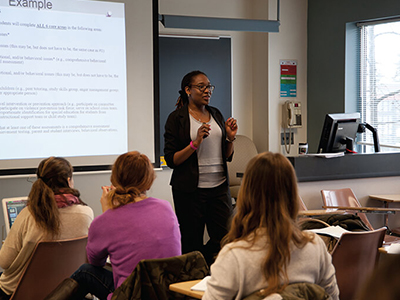
Service
